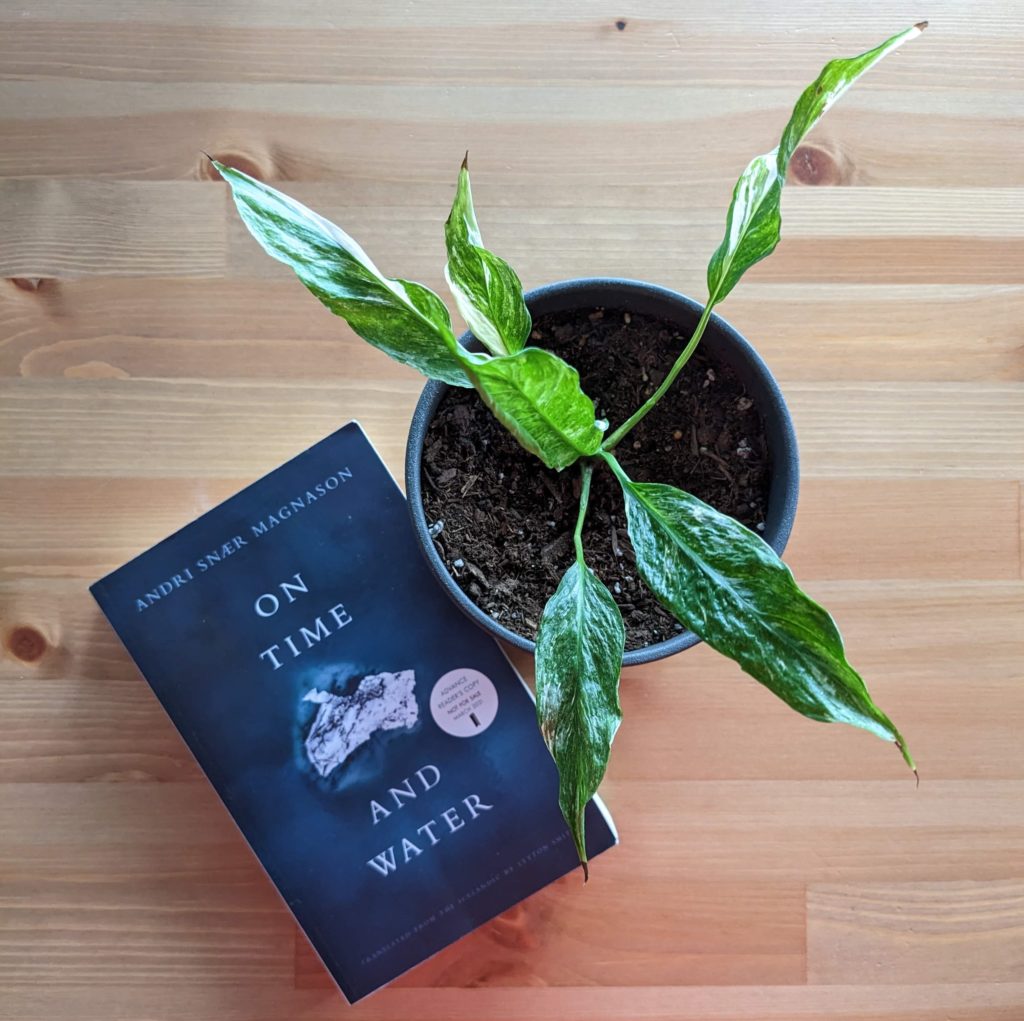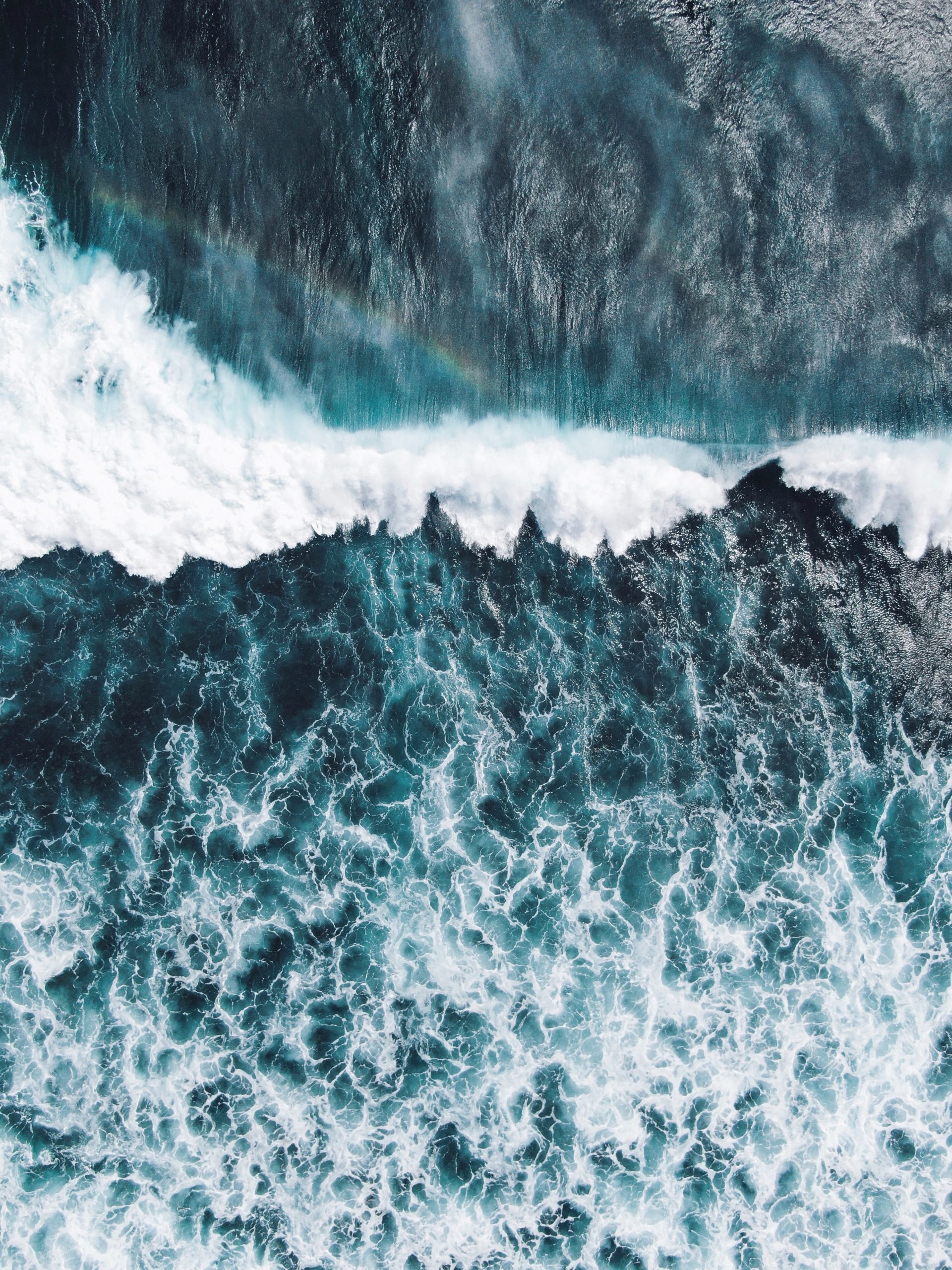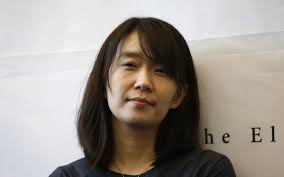In college, my favorite professor introduced a concept that entirely changed the way I looked at literature and, in many ways, at life. She was talking about writers who were active during or after the Second World War. Painting a vivid picture of the large-scale destruction and devastation of the time, she argued that the prevailing mood was one of absolute bewilderment. People couldn’t believe what they were living through: a time of mass genocide and nature being mindlessly destroyed to fuel a war of epic proportions. The ideas and values these artists had been living with suddenly seemed old-fashioned and outdated. What was the point of being a hero and fighting with valor when faced with weapons of mass destruction? How could the scale of what was unfolding be part of a superior power’s plan? The writers of this time felt, my professor concluded, that language was no longer an adequate or efficient way of communication. When the world didn’t make sense, how could language describe it?
I was reminded of this idea when I read Andri Snær Magnason’s On Time and Water, which we showcase in our February Book Box. And when I read the following passage, it struck me that we are also living in a time of monumental changes:
“Earth’s mightiest forces have forsaken geological time and now change on a human scale. Changes that previously took a hundred thousand years now happen in one hundred. Such speed is mythological; it affects all life on Earth, affects the roots of everything we think, choose, produce, and believe. It affects everyone we know, everyone we love. We are confronted by changes that are more complex than most of what our minds typically deal with. These changes surpass any of our previous experiences, surpass most of the language and metaphors we use to navigate our reality.”

The climate crisis is bigger than any war, it’s effects can wreak more devastation than any conflict has – these are facts we all know, but I don’t think I ever truly considered the weight of this possibility until I read On Time and Water. I understood why a scientist had insisted Magnason write about climate change. Language may be an inadequate tool, but a great story(teller) can sometimes move you in ways far more lasting and profound than an egregious fact or statistic.
And Magnason is a terrific writer and storyteller. It’s for good reason that most climate change news sounds so apocalyptic; it’s because it is. But it is also so easy to feel guilty and overwhelmed by what is happening. After endless news cycles of depressive news, just getting through the day sometimes requires summoning all our energy.
Magnason clearly knows this is the case. At one point, he reflects, “Perhaps we do not understand the world as individuals. Perhaps I was experiencing the antithesis of mass hysteria; a kind of mass apathy.”
He navigates this issue through tenderness and love, by describing his grandparents’ lives and wondering about his children’s future, by suggesting how important community is to our sense of self and to our happiness, and by reminding us of our commitments to each other and to the earth.
The gentle, evocative prose commands you grieve global catastrophes and the loss of a loved one with the same intensity. I mourned equally the dying glaciers of Iceland and the stories that have already been lost to us.
I felt a sense of profound loss when I finished the book: for everything we have lost so far, for everything we are losing right now. But even in sorrow, in moments of imminent heartbreak, Magnason appeals to our ability to hope. It is the same kind of hope that I found in the works of the World War II writers: the hope that humanity, despite all odds, will triumph.
I leave you with my favorite passage from the book:
The world is full of stories; far too many of them disappear into fog. It would take a whole life to gather a life of stories. I asked Grandpa Björn when he thought the most remarkable changes had taken place in the world since he was born.
Without hesitation, he said: “During the last ten years.”
Grandpa Björn had lived a full life and seen a lot: he was born in Bíldudalur, where he fished herring on primitive steamboats; as a young physician, he’d traveled around the Westfjords on horseback visiting patients; and, later, he jetted out into the world, plunging into the New York whirlpool, coming into contact with the Iranian revolution and finding Prometheus himself under his knife. Grandpa Björn had seen it all, but still he said “the last ten years.” That means computers, the internet, genetic science, social media, information technology, Skyping the grandchildren. And all of a sudden, I don’t think I’ve missed anything. It would be ironic to lose oneself in old stories and at the same time forget to pay attention to your own contemporary moment – and especially the future.







